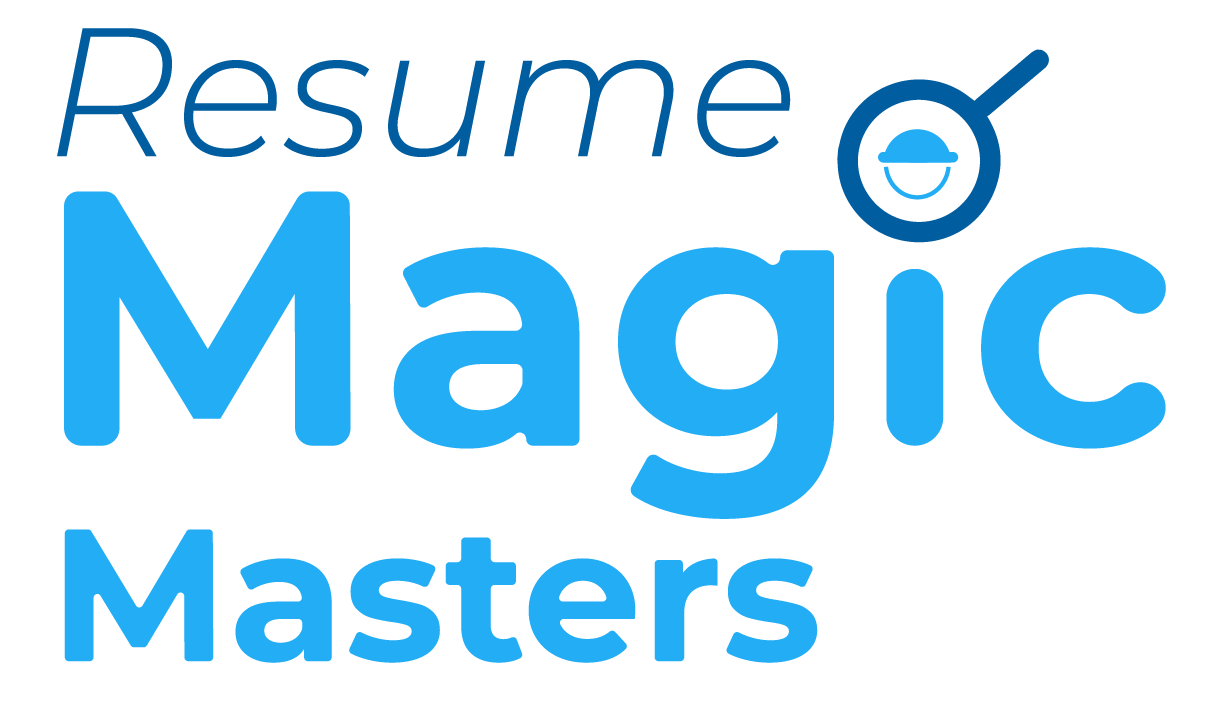In today’s job market, the distinction between soft skills and hard skills is critical for crafting an effective resume. Both types of skills are essential, but they serve different purposes and can influence your job search in various ways. This guide will explore the differences between soft and hard skills, their importance on your resume, and how to effectively showcase them.
What Are Hard Skills?
Definition
Hard skills are specific, teachable abilities or knowledge sets that are quantifiable. They are often gained through education, training, or hands-on experience.
Examples of Hard Skills
- Technical Skills: Proficiency in software (e.g., Microsoft Excel, Python, CAD)
- Certifications: Relevant qualifications (e.g., CPA, PMP, AWS Certified)
- Languages: Fluency in foreign languages (e.g., Spanish, Mandarin)
- Data Analysis: Skills in statistics, data mining, or research methodologies
SEO Keywords: hard skills, technical skills, quantifiable abilities
What Are Soft Skills?
Definition
Soft skills are interpersonal attributes that affect how you work and interact with others. Unlike hard skills, they are more subjective and harder to quantify.
Examples of Soft Skills
- Communication: Ability to convey information clearly and effectively
- Teamwork: Collaborating effectively with others to achieve common goals
- Problem-Solving: Identifying issues and developing solutions
- Adaptability: Adjusting to new conditions and challenges
- Leadership: Guiding and motivating a team toward achieving objectives
SEO Keywords: soft skills, interpersonal skills, personal attributes
The Importance of Hard Skills on Your Resume
1. Technical Requirements
Many job descriptions emphasize hard skills because they demonstrate your ability to perform specific tasks. Employers often screen resumes for these skills to ensure candidates meet the technical qualifications for the role.
2. Measurable Contributions
Hard skills often come with measurable outcomes, allowing you to quantify your achievements effectively. For example, “Increased sales by 20% by utilizing advanced CRM software.”
3. Industry Standards
Certain industries require specific hard skills, making them essential for applicants. For example, software development positions typically require programming languages, while accounting roles demand proficiency in financial software.
SEO Keywords: importance of hard skills, technical qualifications, industry standards
The Importance of Soft Skills on Your Resume
1. Cultural Fit
Employers often look for candidates who will fit well within their company culture. Soft skills can indicate how well you’ll collaborate with the team and adapt to the organization’s values.
2. Leadership Potential
Soft skills are critical for leadership roles. Demonstrating your ability to lead, communicate, and motivate others can set you apart from other candidates.
3. Long-Term Success
While hard skills may get you in the door, soft skills often determine your long-term success and career advancement. Employers value employees who can effectively navigate workplace dynamics and adapt to changes.
SEO Keywords: importance of soft skills, cultural fit, leadership potential
How to Showcase Hard and Soft Skills on Your Resume
1. Dedicated Skills Section
Include a dedicated section on your resume for both hard and soft skills. Be sure to list skills that are relevant to the job description.
2. Incorporate Skills in Experience Descriptions
When detailing your work experience, use both hard and soft skills to demonstrate how you applied them in real-world situations. For example:
- “Led a team of five to develop a new marketing strategy, enhancing customer engagement through improved communication and data analysis.”
3. Use Quantifiable Metrics for Hard Skills
Whenever possible, quantify your hard skills with specific results. For instance:
- “Managed a budget of $500,000 and reduced expenses by 15% through strategic planning.”
4. Provide Examples for Soft Skills
Use anecdotes or examples to illustrate your soft skills, making them more tangible. For example:
- “Facilitated team brainstorming sessions, fostering a collaborative environment that led to innovative solutions.”
SEO Keywords: showcasing skills, resume skills section, quantifying skills
Balancing Hard and Soft Skills
1. Tailor for Each Job Application
Customize your resume for each application by emphasizing the hard and soft skills that align with the specific job description.
2. Highlight Transferable Skills
Identify transferable skills that can apply across various roles, showcasing both hard and soft skills that are relevant in different contexts.
3. Be Authentic
While it’s important to showcase your skills effectively, ensure that they genuinely reflect your abilities. Authenticity can resonate well with potential employers.
SEO Keywords: balancing skills, transferable skills, authenticity in resumes
Conclusion
Understanding the role of soft skills versus hard skills on your resume is essential for presenting yourself as a well-rounded candidate. While hard skills demonstrate your technical abilities and qualifications, soft skills showcase your interpersonal attributes and potential for success within a team. By effectively balancing and highlighting both types of skills, you can create a compelling resume that appeals to employers and increases your chances of landing an interview.
